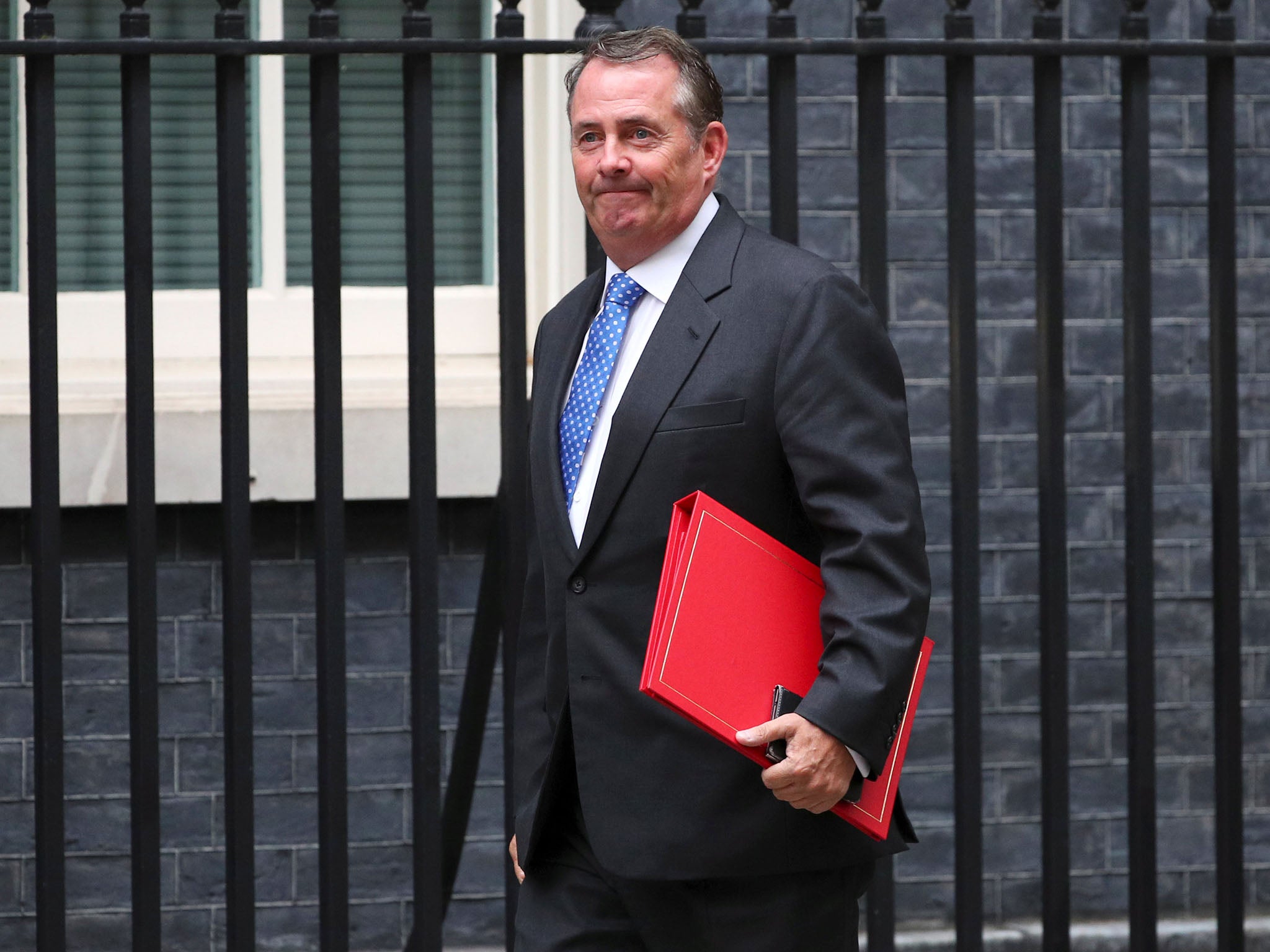This is why 'The Great Repeal Bill' is such a big threat to British democracy
Up for grabs will be the effectiveness of laws which limit a government’s or corporation’s ability to collect bulk data on individuals, which dictate a minimum level of air and water quality and which control the sale of potential torture equipment to third parties

The Government is now a quarter of the way through its precious Brexit negotiating period. For most of the last six months, MPs have been unable to scrutinise the negotiations. So we should be delighted when the Prime Minister tells us “Now it is time for Parliament to play its part”. After all, wasn’t Brexit supposed to be about reclaiming parliamentary democracy?
Not quite. Because the Bill that will be introduced for second reading tomorrow threatens the biggest power grab by a government that Britain has seen in modern times. And to judge by the weeks Theresa May has spent bullying her own MPs to fall into line behind her on the Bill, we can only assume that “playing its part” means “doing what it’s told”.
The one-time grandly named Great Repeal Bill may have been reframed as the European Union (Withdrawal) Bill, but it remains the biggest piece of legislation ever laid before Parliament. The Bill will be introduced for second reading tomorrow, with the aim of translating all European law into British law and thereby preventing a “legal black hole” on the day after Brexit. So far, so straightforward. But unfortunately this task goes well beyond simply changing the acronym EU into UK. Because we will also be leaving the institutions that give these laws enforcement power, and allow these laws to be updated so as to remain effective. MPs will essentially be rewriting large parts of our constitution.
Except they won’t have time to do this, so they will effectively hand over this power to government ministers. One of the ways they will do this will be through so-called Henry VIII clauses, an instructive name for powers which allow government ministers to make and scrap laws outside of normal parliamentary accountability. The powers were even controversial in Henry’s time and were barely used for centuries afterwards. Today, these renaissance powers could be applied to a mindboggling array of laws, from human rights and environmental protections through to financial regulation and consumer law.
The question is, what could fall through the cracks? A few weeks ago, it was revealed that British citizens could lose their ability to sue the government for breaking the law – for instance when they infringe our rights at work. This is just one example of many.
The Equalities Act 2010 broadly prohibits discrimination at work. But its enforcement power depends on an EU prohibition on any cap on damages which could be awarded in such cases. Successive Conservative governments have opposed this, supporting caps which could in effect render the legislation meaningless. The Repeal Bill could see these provisions gutted.

Our environmental protection is based on the doctrine of “the polluter pays” and “the precautionary principle” which states that products must be proven to be safe before appearing on shop shelves. This is a vital element in consumer protection. The US system reverses the burden of proof – products must be proven to be dangerous. These principles currently risk being lost in the Repeal Bill process – a move that would help move Britain further towards the deregulated US economic model that ministers like Trade Secretary Liam Fox favour.
Examples of what’s at stake are nearly endless. Up for grabs will be the effectiveness of laws which limit a government’s or corporation’s ability to collect bulk data on individuals, which dictate a minimum level of air and water quality, which control the sale of potential torture equipment to third parties, which limit exposure of citizens to dangerous chemicals. The Government has promised not to scrap these laws. But you don’t have to scrap them in order to render them useless.
There are ways out of these serious dangers, but they require fundamental changes to the Repeal Act and the process it will follow in Parliament. MPs must be ready to show independence of thought.
Be in no doubt that this is a real battle for our rights, one that will define our country, and the role it plays in the world, for many years to come. Parliamentary democracy depends on the ability of MPs to hold a government to account. It would be deeply ironic if Brexit, based as it supposedly is on reclaiming the sovereignty of our Parliament, does more to damage that sovereignty than any other event in recent history.
Nick Dearden is the director of Global Justice Now, and a member of Another Europe is Possible
Join our commenting forum
Join thought-provoking conversations, follow other Independent readers and see their replies
Comments
Bookmark popover
Removed from bookmarks